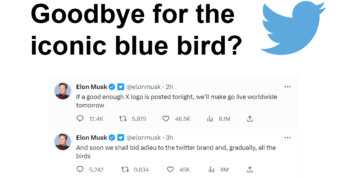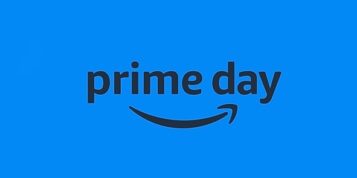In the current age where data is ‘gold’, businesses need to ensure their consumers trust them if they want to obtain their data.
New research conducted by Future Foundation and published by the Direct Marketing Association (DMA) comprises findings of a survey of 1,020 UK adults.
Titled Data privacy: What the consumer really thinks, the report reveals the attitudes towards data privacy
80% of those surveyed accept the disclosure of personal information has become ‘a part of life’, while one in three people regard their personal information as a commodity to be traded with companies in exchange for free services or better benefits.
Perhaps the new ‘Cookie Policy’ was a good move after all, despite the teething problems.
Three in five (58%) said trust was the key factor when deciding whether or not to share their information.
In comparison only one in three (32 per cent) that said the offer of price discounts would be a sufficient incentive.
Brands can build trust by being transparent and allowing consumers to have control over how and when their data was being used. 85 per cent said they would prefer to retain control of their information and exchange it for benefits or services when it suited them.
Chris Combemale, chief executive of the DMA, said companies that fail to grasp contemporary consumer attitudes towards data privacy will lose out to more data savvy competitors:
“Online platform owners and brands that market digitally must understand the current range of consumer views on data privacy. Insight into what they regard as private, what information they’re willing to exchange and under what circumstances should underpin their marketing strategies.
“The balance of power is now tilted towards consumers. They alone have the ability to choose who they share their information with, so it’s down to brands to give them a compelling reason to do so.
“This piece of DMA research highlights that unless brands are trusted, provide people with the opportunity to control how their data is used and suitably reward consumers for sharing it then they will be left behind in the digital economy.”
The DMA have also produced an infographic to represent the findings, outlining three types of consumers:







